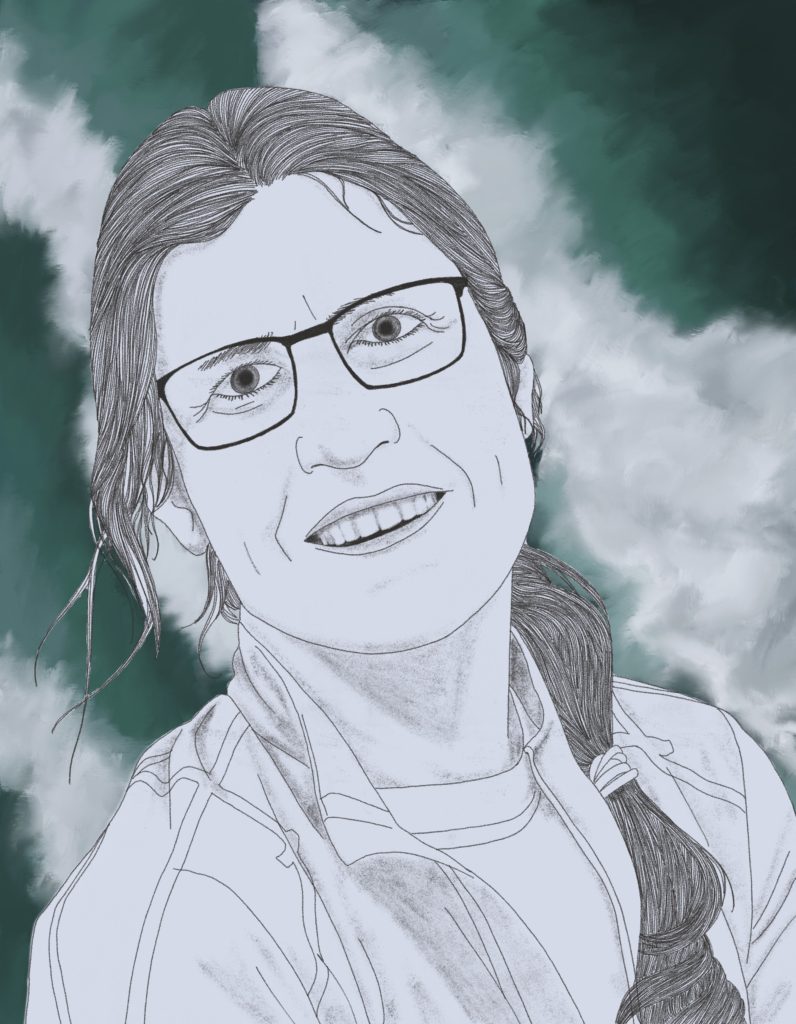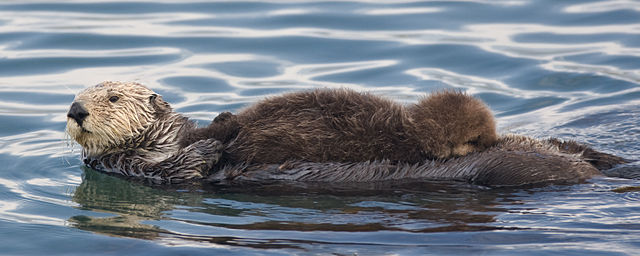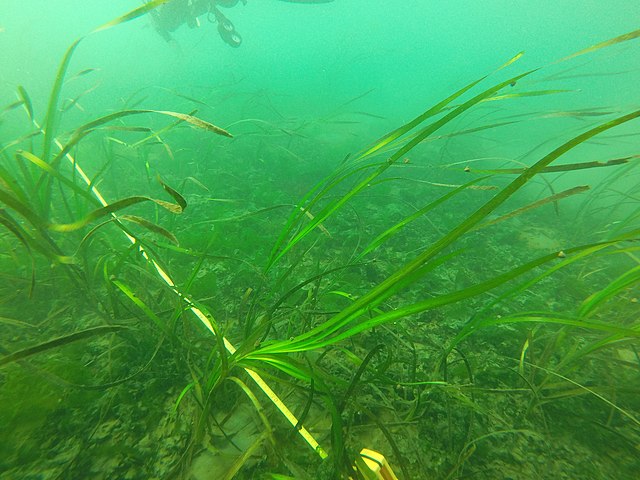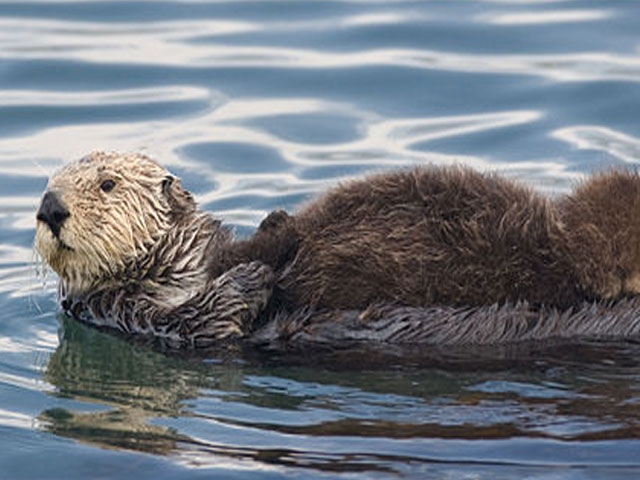
“Some of the best science that’s done today comes through natural history. It comes through people having their eyes open and being wide open to new ideas.”
When Jane Watson encountered a ruined meadow of seagrass in the ocean, instead of getting furious, she grew curious. As a marine biologist, Jane knew that hidden in the story of decimated seagrass, there had to be something in the relationship between it and its destroyer—sea otters—that wasn’t immediately obvious. Something layered and complex. In this episode, we explore how sometimes disruption can be valuable not just for the one doing the disrupting but for the organism being disrupted.
How to Find Out More About Jane Watson’s Projects
Watch this video from the Hakai Institute. A) because it’s beautiful and you’ll feel uplifted by seeing it, and B) because in it, Jane Watson explains the relationship of sea otters and kelp. It helps fill out some details missing from the episode, gives a bigger picture of the relationship of marine plants with sea otters.
Read this article, which includes a photograph of Jane and Dr. Erin Foster, the lead author of the study. (Erin is mentioned in the episode.) Erin is a research associate at the Hakai Institute, a nongovernmental organization dedicated to coastal studies and conservation, and Erin gets mentioned in this episode. (To hear Erin tell her version of events, listen here.)
Read this article in National Geographic about Jane’s and Erin’s work, and this one, from the Canadian Broadcast Corporation. The latter has gorgeous photos of otters, including one of an otter “raft,” a phenomenon that Jane describes in the episode.
Jane is an emeritus professor at Vancouver Island Institute, and you can find more about her full body of professional work here.

[Photo by Michael L. Baird]

[Photo by Evie Fachon]

[Photo by Michael L. Baird]

[Photo by Michael L. Baird]

[Photo by Evie Fachon]
